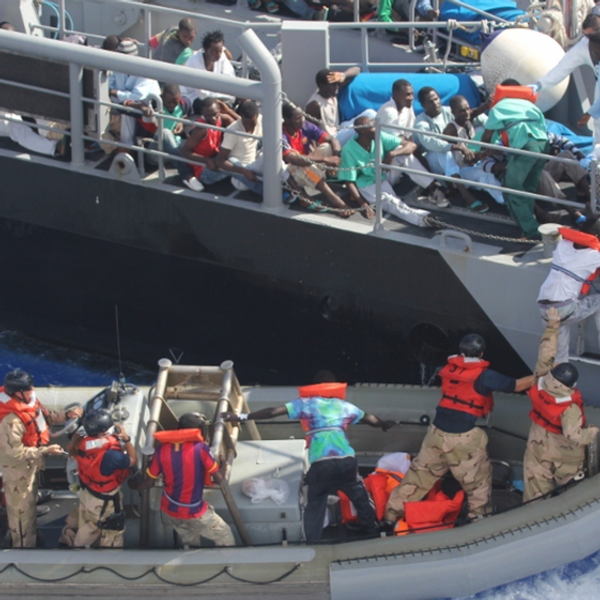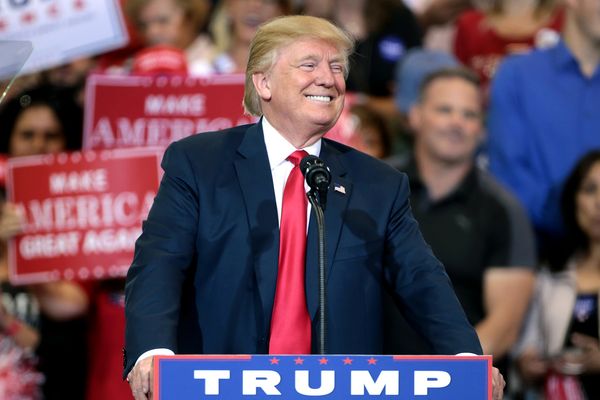For the last couple of years Russia, under the leadership of Vladimir Putin, has been flexing it's geopolitical muscle. Since 2008 Russia has been slowly encroaching on Georgia's territory. In 2014 the Russians annexed Crimea and followed it by fueling a rebellion in Eastern Ukraine. The Putin administration has proven extremely tactful, in many cases making the United States look incompetent in Syria and even disrupting the U.S election through a series of hacks. The Levada Center, one of the last independent polling institutes in Russia, has estimated Putin's approval rating consistently over 80% since annexing Crimea (formerly a territory of Ukraine). For all of the Putin administration accomplishments there remains one glaring drawback.
Since 2012, the Russian economy has been in serious trouble. When Putin took office in 2000, Russia's economy was growing rapidly. Foreign investment was on the rise and the government was laying out long- term financial goals; going as far as to do away with yearly budgets in exchange for 3- year budgets. But after 2008, Russia's economy stopped growing. Taxes were raised, the government seized more control of industries, and entrepreneurs began to look elsewhere. Finally in 2012, the economy collapsed. Driven by western sanctions and a global drop in oil prices Russia's GDP began to contract. The ruble fell 11%, real wages decreased, the housing market declined, and retail sales fell to levels lower than the 2009 recession. Four years later, the economy still has not recovered.
While everyone in the United States seems worried about Putin's next move abroad, perhaps his most important move will be within his own country. Russia's hostility to its neighbors is unhealthy for business (especially when the consequences include serious economic sanctions. The political backlash of a rapidly deteriorating economy puts serious pressure on the regime. This could make Putin desperate to stay in power. Judging by the Russian public's reaction to the annexation of Crimea, this may make foreign aggression appealing to members of Putin's inner circle. The Russian military is already taking control of the arctic in order to secure the oil under its surface, and the U.S Army isn't entirely confident they can stop them. Thanks to Putin's modernization of the Russian military, their capabilities are strong enough to fend off a counter- offensive by the United States. Their equipment can evade detection by radar, their surface-to-air defense systems are among the best in the world, and they are among the most effective at cyber- warfare and signal jamming. While the quality of their infantry can overwhelm their regional foes, they now have the technology to counter a long range offensive by enemies like the United States or western Europe. The key to preventing war in Europe may lie in a resurgent Russian economy. This, however, may require lifting economic sanctions. With politicians already facing criticism for being too pro Russia, will the United States be willing to take this step? It would be shame for the world to plunge into yet another cold war. Long after we thought ourselves too sophisticated to reignite such hostilities.





















